
Almost a quarter of women in North Yorkshire are missing out on vital checks that help prevent cervical cancer, according to Yorkshire Cancer Research.
Quarter of women in North Yorkshire missing out on life-saving cancer checks
Almost a quarter of women in North Yorkshire are missing out on vital checks that help prevent cervical cancer, according to analysis by Yorkshire Cancer Research.
Recent data shows that more than 25,000 women across North Yorkshire who have been invited for cervical screening have either never attended an appointment or are not up to date with their checks.
Cervical screening helps identify women at most risk of developing cervical cancer and provide them with further tests and treatment if needed.
Despite this, the number of women missing out on the free NHS service has been increasing in recent years.
Dr Kathryn Scott, Chief Executive at Yorkshire Cancer Research, said:
“We know that screening saves lives. It is vitally important that women come forward for their cervical screening when invited.
“Cervical cancer is almost completely preventable. Screening helps detect changes in cells, meaning that pre-cancerous cells can be treated before they have the chance to develop into cancer.
"The more people who attend their screening appointment, the more cancers that can be prevented and more lives will be saved in our region.”
Research has found several reasons why women don’t respond to their cervical screening invitations, including embarrassment, anxiety around the process and fear that it will hurt, or practical reasons such as being able to book an appointment outside of working hours.
The most significant decrease in screening participation has been among women aged 25 to 49, who make up 15,000 of North Yorkshire’s missing screenings.
Cervical screening involves taking a small sample of cells from the cervix to look for signs of the human papillomavirus (HPV), which causes almost all cases of cervical cancer. Most people will not have HPV, but if it is found, then further tests are carried out on the same sample to check for pre-cancerous cells.
Finding pre-cancerous cells early means that the cells can be treated before they are able to develop into cancer.
Women aged 25 to 49 are invited to attend their screening every three years, and those aged between 50 and 64 are invited every five years. Trans men and non-binary people with a cervix can also access cervical screening.
Dr Scott continued:
“Yorkshire Cancer Research funds research projects and services to help increase the number of women attending their cervical screening in Yorkshire.
“We know that some people find the thought of attending screening to be unnerving for a number of reasons, so these programmes are designed to help raise awareness of what screening involves and why it is important to attend.”
In South Yorkshire and Bassetlaw, a programme funded by the charity is encouraging more people to take part in screening.
The three-year programme is provided in partnership with GP practices in Barnsley, Bassetlaw, Doncaster, Rotherham, and Sheffield and involves activities to raise awareness of the importance of screening and encourage more people to take up their invitations.
The programme offers women between the ages of 25 and 29 who attend their screening a tote bag as a ‘reward’ for attending their appointment.
The tote bag contains a postcard that can be shared with friends and family, encouraging them to attend their own appointments.
Yorkshire Cancer Research is also funding research to find ways to improve screening.
In Hull, researchers are sending at-home test kits to thousands of women as part of an investigation to find out if being able to carry out a simple urine test in the privacy of their own homes can help more women take part.
Dr Scott added:
“The NHS recently set the ambitious target of eliminating cervical cancer by 2040, but for this to be achieved, it’s vital we increase participation in screening by making it as easy as possible for people to benefit.
"It’s important that we continue to work closely with local communities to understand how we can encourage more women to attend appointments and find innovative ways to improve the screening process.”
For more information about HPV and cervical screening, visit www.ycr.org.uk/insights/hpv-explained
Read more local stories from Your Harrogate here.


 Baby giraffe born at Flamingo Land
Baby giraffe born at Flamingo Land
 YMCA Ripon to host charity sleep out
YMCA Ripon to host charity sleep out
 Saltergate girls' football team: A journey of triumph and opportunity
Saltergate girls' football team: A journey of triumph and opportunity
 Himalayan Garden & Sculpture Park unveils 70 new artworks
Himalayan Garden & Sculpture Park unveils 70 new artworks
 Harrogate vet receptionist tackles London Marathon to help horses
Harrogate vet receptionist tackles London Marathon to help horses
 Programme revealed for Harrogate crime writing festival
Programme revealed for Harrogate crime writing festival
 Hundreds take on inflatable wipeout challenge in Harrogate
Hundreds take on inflatable wipeout challenge in Harrogate
 Wider ban on heather burning 'risks catastrophic wildfires'
Wider ban on heather burning 'risks catastrophic wildfires'
 Over 200 fencers attend Harrogate Fencing Club sporting event
Over 200 fencers attend Harrogate Fencing Club sporting event
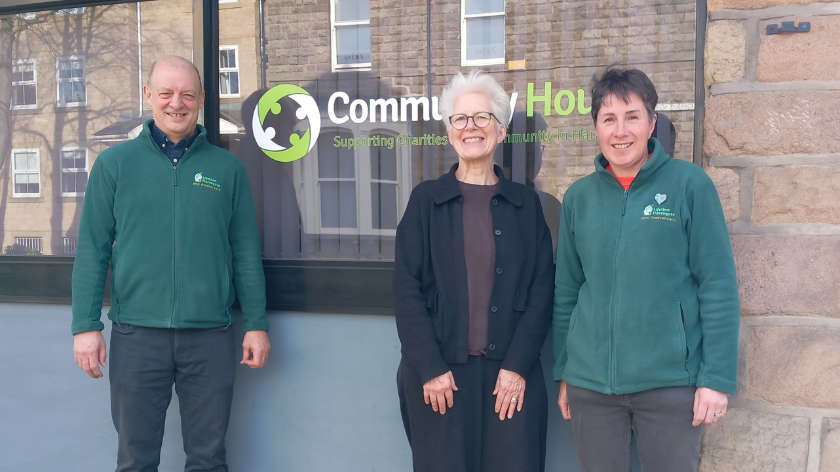 Harrogate homeless charity receives four-figure grant
Harrogate homeless charity receives four-figure grant
 Police appeal after driver fails to stop following A1 collision
Police appeal after driver fails to stop following A1 collision
 Harrogate MP warns 'OFWAT must go' after Yorkshire Water dumps 430,263 hours of sewage
Harrogate MP warns 'OFWAT must go' after Yorkshire Water dumps 430,263 hours of sewage
 Surprise donation pays off debt for Knaresborough Forest Park
Surprise donation pays off debt for Knaresborough Forest Park
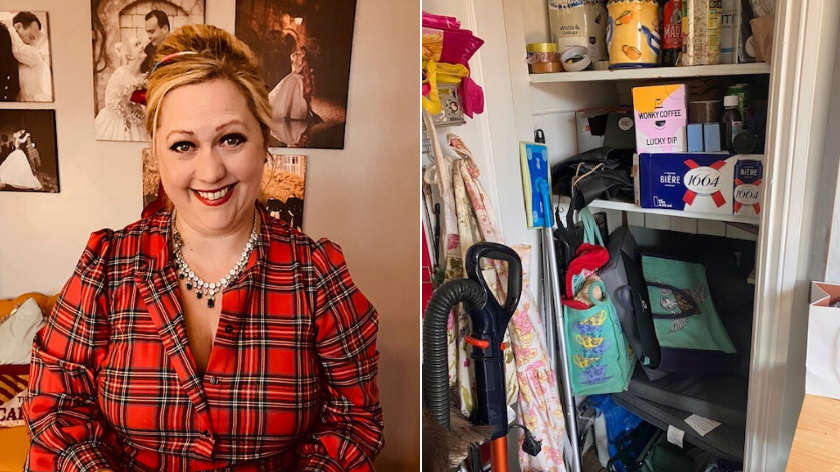 Harrogate woman launches home decluttering business
Harrogate woman launches home decluttering business
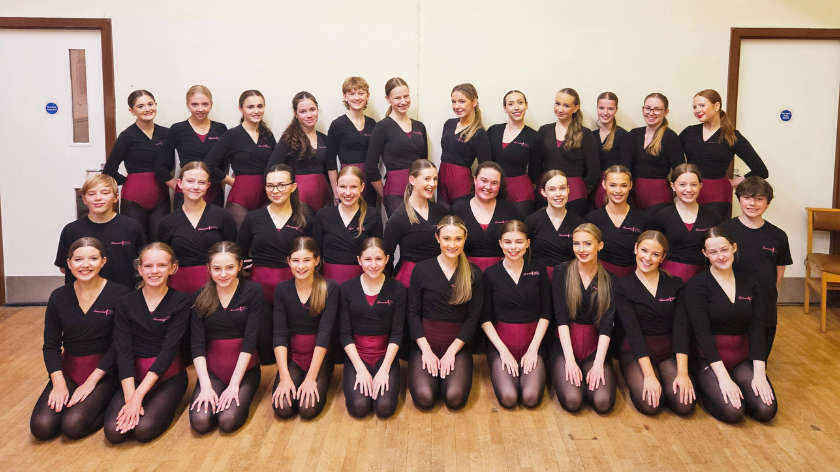 Starbeck dance school to perform at Disneyland
Starbeck dance school to perform at Disneyland
 New ride unveiled at Lightwater Valley near Ripon
New ride unveiled at Lightwater Valley near Ripon
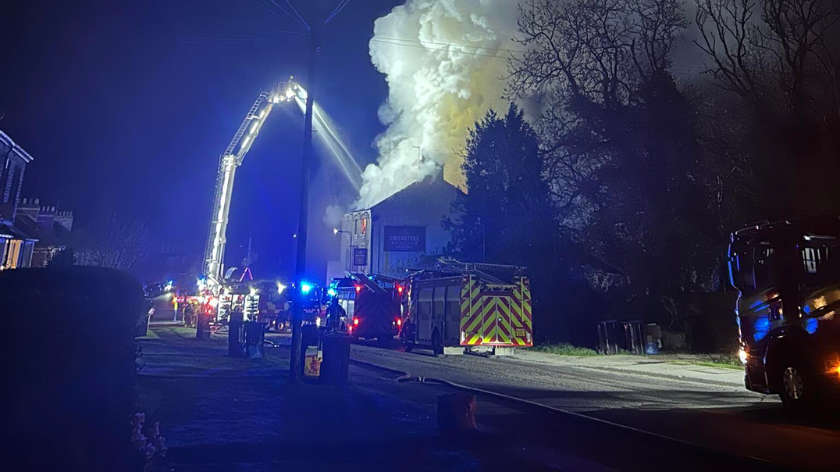 Woman arrested for arson after fire devastates Knaresborough pub
Woman arrested for arson after fire devastates Knaresborough pub
 WATCH: Harrogate pupils get surprise visit from Easter Bunny
WATCH: Harrogate pupils get surprise visit from Easter Bunny
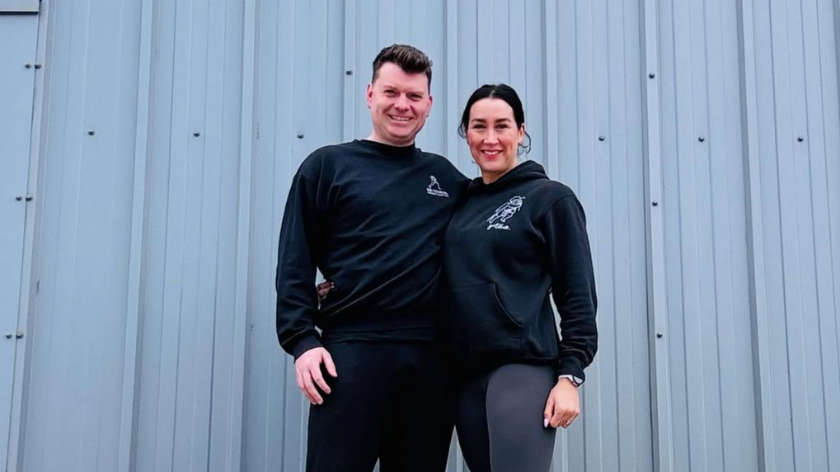 New owners for popular Harrogate gym
New owners for popular Harrogate gym
 Ripon students raise £8,000 for those affected by conflict and disaster
Ripon students raise £8,000 for those affected by conflict and disaster








